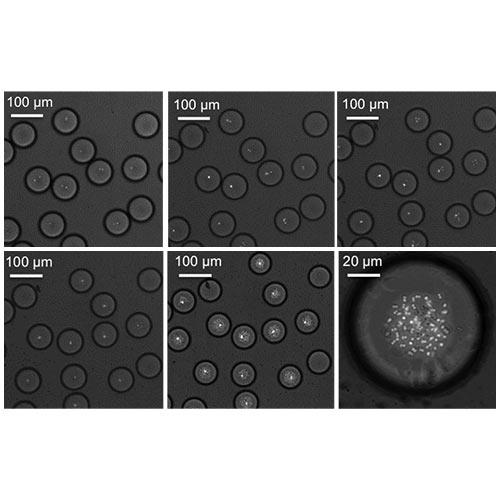
Submitted by Helen C. Scott on Fri, 24/04/2015 - 08:42
Bioethanol is emerging as one of the most promising non-fossil energy resources. However, ethanol production from sugars obtained from arable crops requires high land areas to meet the energy requirements and so competes with land for food production. As a consequence, the need for alternative bioethanol producers is a critical issue in the biofuel field. Microalgae and cyanobacteria are potential candidates to circumvent the limitations of crop-based ethanol production.
The University of Cambridge is one of the participants in the EU FP7 programme Direct Ethanol from Microalgae (DEMA), which brings together a range of institutions to collaborate on the common goal of bringing cyanobacterial ethanol production to commercialisation. One of the challenges that stand in the way of commericalisation is identification of the most productive cyanobacteria, with significantly enhanced ethanol yields. In a recent publication, researchers from Alison Smith’s group (Department of Plant Sciences) and Chris Abell’s laboratory (Department of Chemistry) present findings into the development of a microdroplet platform for the screening of ethanol producing cyanobacteria. Individual cells are encapsulated in a “lab-on-chip” platform, and ethanol production is detected using a fluorescence assay. Microdroplets with higher ethanol productivities are screened and sorted from the population. This technology is likely to expedite significantly the process of screening genetically engineered cyanobacteria both for described and other biotechnologies.
